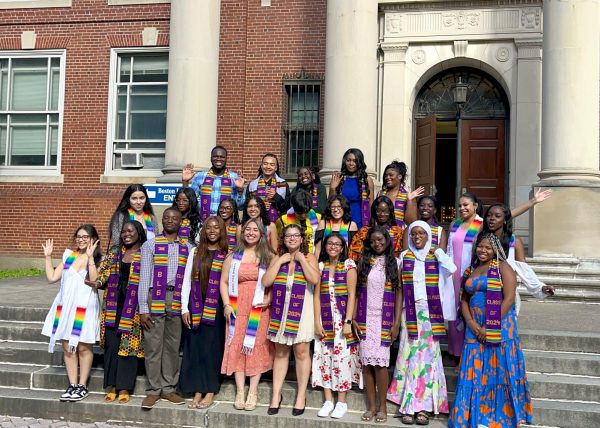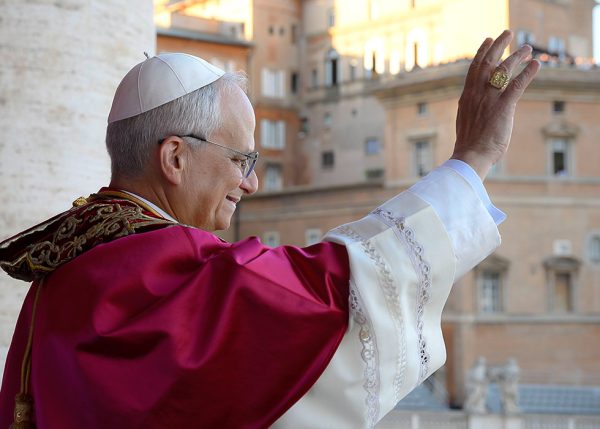Biden Builds Immigration Law
President Joe Biden’s administration has reversed numerous immigration policies placed by former President Donald Trump and shifted to focus on the root causes of migration from Central America.
Biden recently made his first visit as president to the U.S.-Mexico border, which is witnessing the passage of historic numbers of illegal immigrants. According to The New York Times, “In the 12 months leading up to last October, the Border Patrol encountered 1.7 million migrants trying to cross illegally, the highest number since 1960.” Although Biden was not seen interacting with migrants, he met with Texas Governor Greg Abbott on January 8.
Governor Abbott, infamous for deporting over 100 migrants from Texas to Vice President Kamala Harris’s residence in Washington D.C. by bus, was one of the few southern politicians who sent migrants to northern states. Similarly, Ron DeSantis, the Republican governor of Florida, sent undocumented Venezuelan migrants to Martha’s Vineyard in Massachusetts via plane with no prior notice, many of whom are currently applying for visas or asylum.
Boston Latin School World History teacher Mr. Andy Zou remarks on the importance of immigration to Boston’s history, saying, “The vast majority of Bostonians weren’t born and raised in Boston. So, we consistently see the benefits of people coming to our beautiful city and making it the world-class city that it is.”
In response to immigration challenges, President Biden increased the number of refugees admitted to the U.S. and created a task force to reunite families that previously separated due to the Trump administration’s “zero tolerance” policy. The Biden administration also discontinued Trump’s “Remain in Mexico” policy, which had forced asylum seekers to remain in Mexico.
Unlike former president Barack Obama’s immigration policies, Biden’s approach focuses on naturalizing undocumented immigrants rather than deportation. AP U.S. Government teacher Ms. Meredith Elliott explains, “Right now, the current policy really advantages people who know someone in the U.S. who can sponsor them and help them through the immigration process.”
Some applaud the president’s more compassionate approach toward immigration, while others argue that it may lead to a spike in illegal immigration.
Katherine Martin (II), an officer of the Education for Public Inquiry and International Citizenship club states, “BLS educates all children, no matter immigration status, so this policy would benefit BLS’s undocumented students, giving them an improved path to citizenship.”
Additionally, President Biden recently attended the North American Leaders’ Summit with Canadian Prime Minister Justin Trudeau and Mexican President Andrés Manuel López Obrador. There, he announced an initiative that would allow 30,000 immigrants from Cuba, Haiti, Nicaragua and Venezuela to work in the U.S. for two years. President Biden also emphasized the importance of addressing the underlying causes of migration and committed to working with Canada and Mexico to ensure the protection of rights for asylum-seekers.
Despite the numerous efforts being made, the future of immigration in the U.S. remains uncertain. Martin remarks, “I don’t believe substantial legislation is likely with our Congress’s current political split — bipartisanship has largely disappeared, and politicians cross the aisle with decreasing frequency, meaning it would be difficult to pass democratic bills in a Republican house.”





